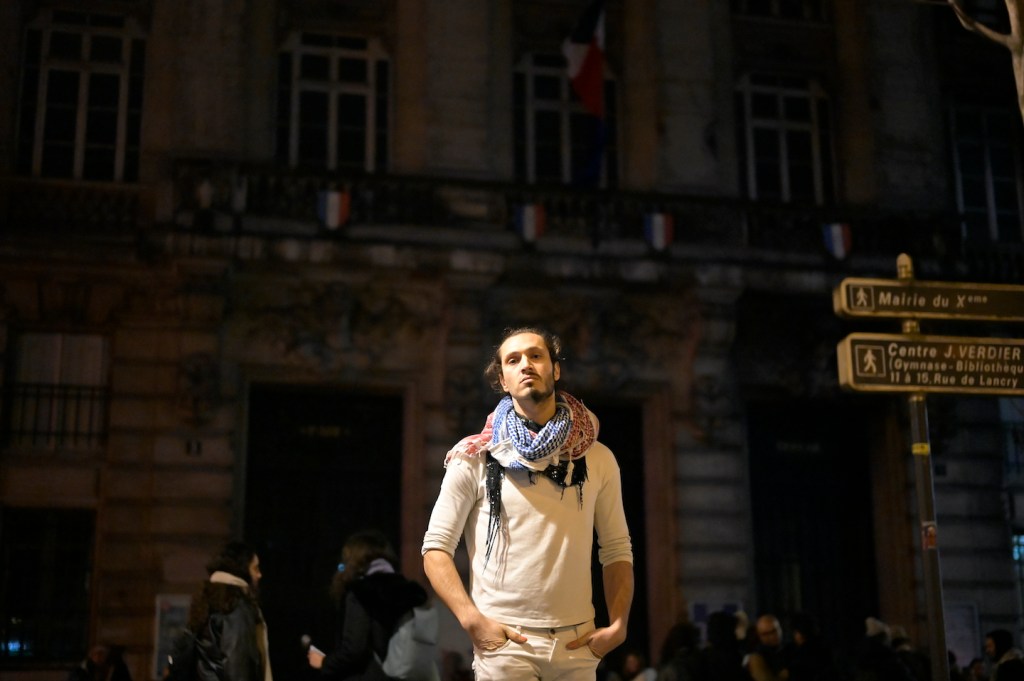On Sunday morning, news broke that Walter Mercado, the famed, flamboyant Puerto Rican astrologer, had died. The announcement was met with an outpouring of heartbreak from Latinx people all over the world, many concerned for how their mamis and nanas would handle the loss of the man they welcomed into their homes nightly on their television sets. Mercado meant so much to the Latinx community: he was a pop culture figure who was a fixture in our daily lives; a representation of queer identity in a culture rife with homophobia and transphobia; a mystical being that spoke to our nuanced cultural identity.
Mercado, who was 87, started his career as an actor and dancer before settling into the role that would make him a national treasure. Many of us grew up watching Mercado’s segment on Primer Impacto, Univision’s celebrity and news show that is also known (and beloved) for its outlandish segments on flying witches, poltergeists, and other strange occurrences supposedly captured on camera. Then, after a segment on a healer who activates the “higher brain” causing people to flop like dolphins, Mercado would swoop in, always draped in jewel tones, illuminated by glimmering lighting, and decipher the stars with an exuberant wave of his hands. He’d turn to catch a different camera angle with a flair for the dramatic, whipping his head and widening eyes, then pronouncing each zodiac sign with a flourish. CAN-cerrr! Sagi-TARRRRio! Capri-CORRR-niooo! Mercado would deliver his horoscopes with vivacious theatricality, but also in a way that felt like family giving you heartfelt guidance, always ending his segments by sending an abundance of love to viewers. He was our tío, the one the family might have raised an eyebrow to or ridiculed, but loved all the same. And we watched, gathered on sofas and on carpeted floors, as we did homework, drank cafecito, or yelled at the dog.
Videos by VICE
Latinx culture and identity is far from a monolith. We come from different countries, speak variations of the same language and/or different indigenous languages, and encompass a kaleidoscope of skin shades and beliefs. There’s a lot we share, and a lot we don’t. But Mercado was one of the few figures in pop culture that bonded us all. Whether you’re Mexican, Puerto Rican, Dominican, Cuban, Peruvian, Honduran, Salvadoran, or one of the other many ethnicities within Latinx culture, we all shared Walter, our Latin Liberace with a dash of magic.
He formed an important part of our individual and collective experiences as Latinx people with deep spiritual foundations rooted in Catholicism, Christianity, and the fascination with or fear of the occult. For some, astrology is brujería that’s not to be tampered with. For others, it’s a way we connect with the universe or part of our individual belief system. But for most, it’s a way to try to make sense of the muddle of our daily existence. Regardless of our relationship to astrology, Mercado was the figure we looked to—a man in gold capes not that unlike the papal robes worn in the Vatican, captivating us with his otherworldly energy, deeper comprehension of the connectedness of the universe, and out-of-this-world campiness. For many, Mercado provided a link to the spirituality that many Latinx people grew up with, even if they have since left the church or changed their beliefs. He taught us to look to the stars and planets for understanding, and by the sheer force of his exuberant presence, to do so with confidence. He could not be ignored—the man would enter rooms sitting on ornate, gilded thrones, for chrissake! And he modeled a self assurance that we could all benefit from.
It’s that enigmatic and magical persona that not only made him famous, but also a vital representation of queerness within a conservative culture that still struggles with homophobia and transphobia. Despite being a revered figure, he was still mocked and derided for the flamboyance that made him a gay icon. And in death, enough people tweeted offensive jokes to make it clear why his existence was so necessary to the queer kids who watched him on television. These were the kids who lived in fear of the cultural machismo that forced them to hide their identity, and often created a barrier between them and their conservative families. Not unlike Mexican pop music legend Juan Gabriel, whose sexual orientation remained a point of gossip in life and death, Mercado never came out as gay. In an interview with Jorge Ramos, Mercado addressed his sexuality, saying, “The people want to know is Walter straight, homosexual, metrosexual, bisexual, I don’t care. Here I am, I am who I am, that’s it.”
Even so, he provided visibility with his unfiltered ostentatiousness, and the dramatic rolling of his r’s and hissing of his s’s. Comedian Julio Torres shared a video during Hispanic Heritage month in which he talked about how Mercado became the first figure that provided him a sense of representation as a queer Latinx person. “There’s something very special and unique about Walter that I thought defied gender, or gender expression, and just sort of any expectation that you would have about a person. It’s almost like he operates in his own frequency, and that was something that I really gravitated towards,” he said.
Walter gave us that. He taught us to see the magic and power that surrounds us beyond our corporeal beings, to be ourselves and to be as loud that may be, and, sobre todo, to live con mucho, mucho amor.




